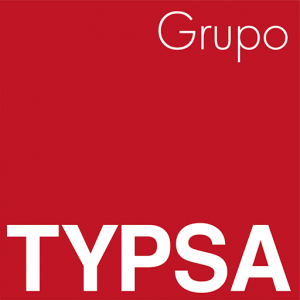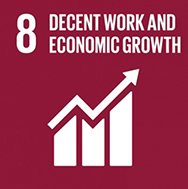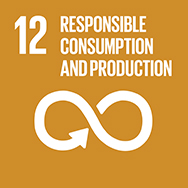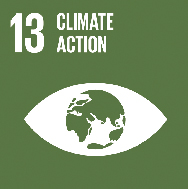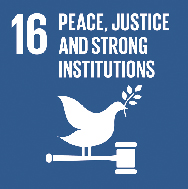Home » Sustainable Development Goals
CORPORATE SOCIAL RESPONSIBILITY
Recognitions in Sustainability
Accredited professionals in Sustainability
We design with sustainability criteria in mind and certify the knowledge of our professionals under the most demanding international standards.
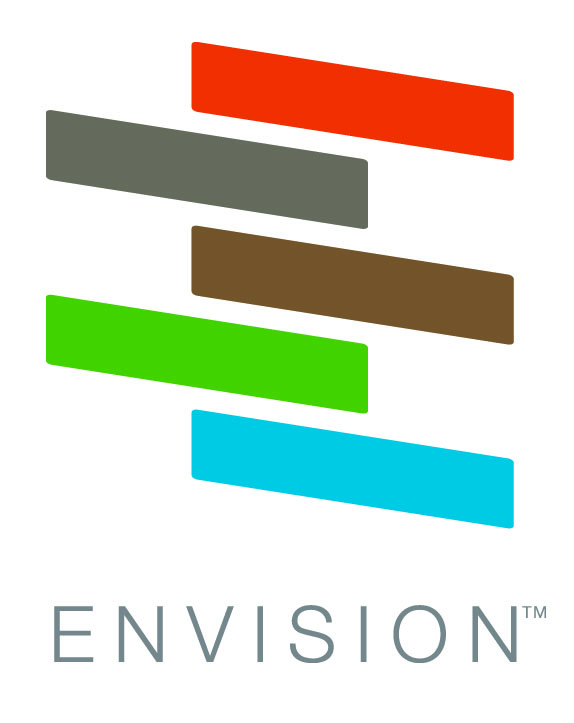
Certificated: 19
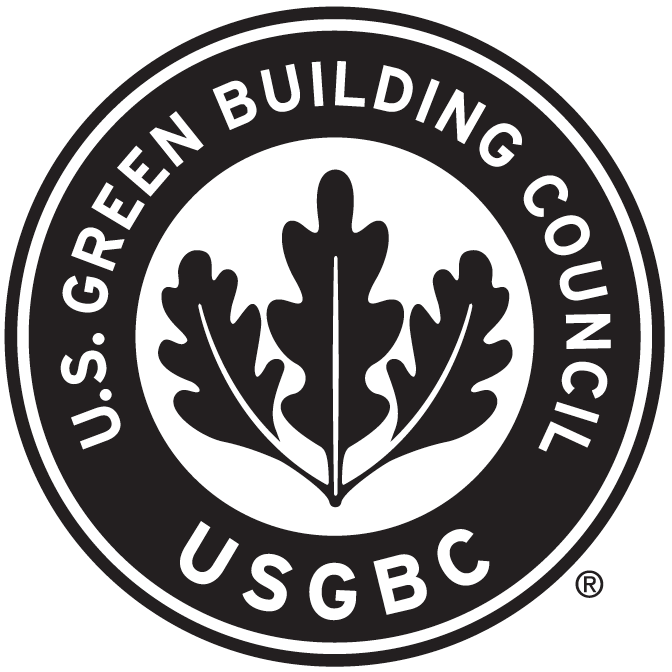
Certificated: 1 / Training: 10
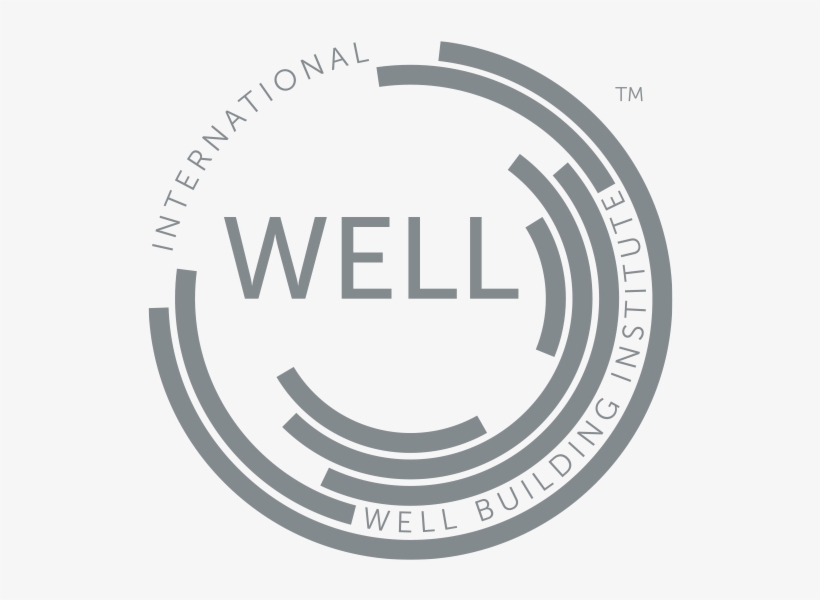
Training: 3
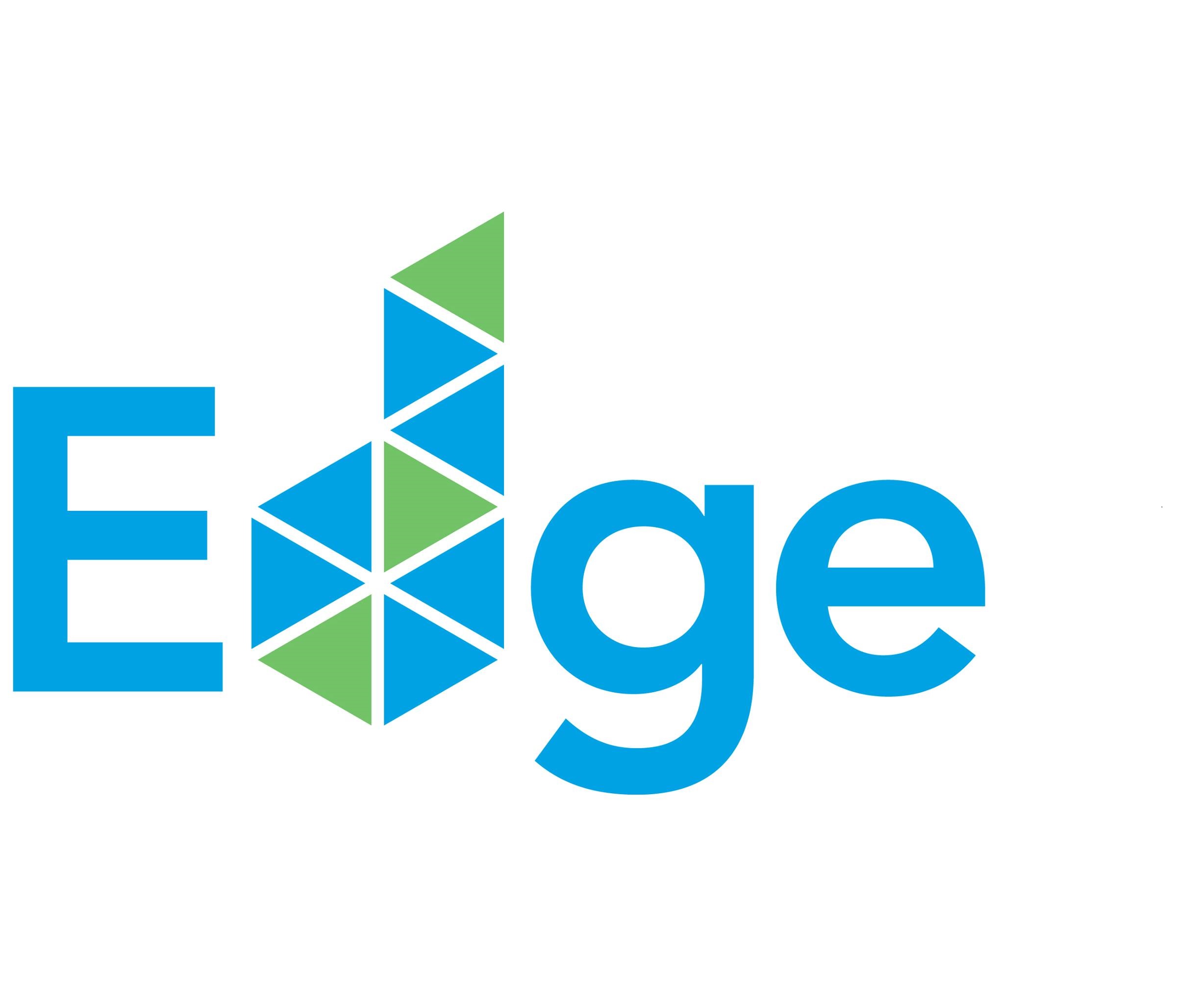
Training: 8

Accredited: 1
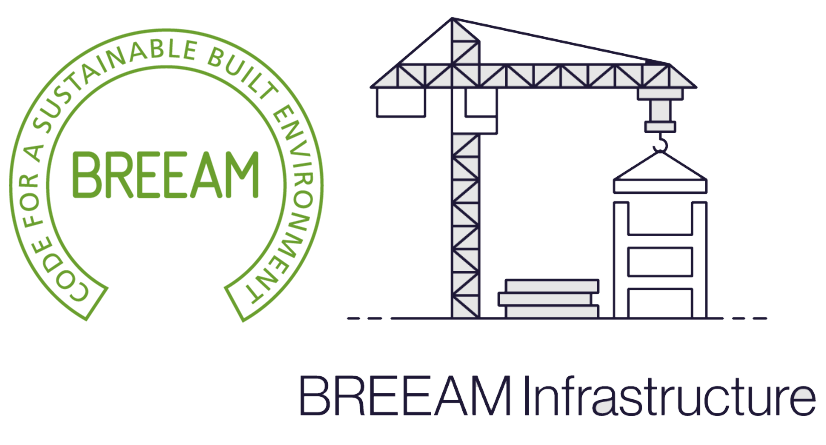
Accredited: 7
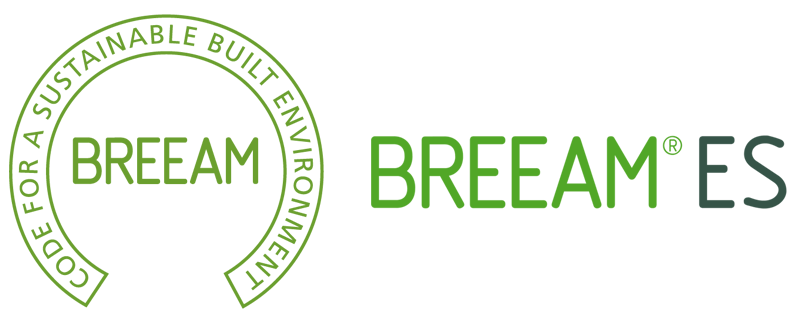
Partners: 23 / Accredited: 1
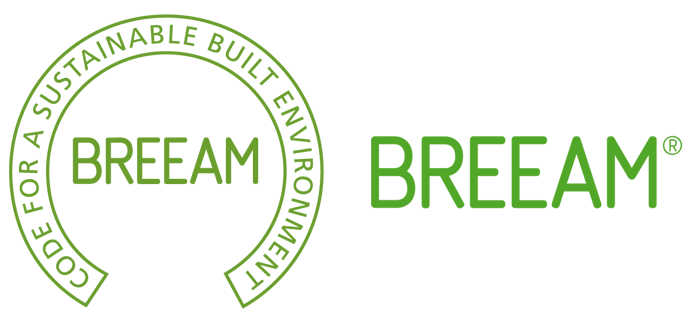
Accredited: 1
Good Business Practices in SDGs
As Global Compact participant entity since 2013, TYPSA has received recognition from the Global Compact in Spain for good business practices which contribute to the achievement of the Sustainable Development Goals (SDGs).
‘TYPSA contributes to the SDGs through policies and management systems, business areas and the TYPSA Foundation for Development. We advance the 2030 Agenda through knowledge, innovation, good business practices and social action, reinforced by alliances to promote sustainability.’
QUALITY EDUCATION
Good Business Practice 2019: Supporting Education in Africa
TYPSA Foundation for Development reflects the company's sensitivity to the challenges of the African continent and to its commitment to providing development opportunities through education that contribute to the well-being of future generations. The launch of UNILAC University is the company's most sustainable project, conceived to train young Africans in disciplines that will enable them to develop business initiatives locally and discourage talent migration.
Indicator trends:
| UNILAC University, Mahagi (DRC) | 2020-2021 | 2021-2022 | 2022-2023 |
Number of students | 368 | 416 | 477 |
Number of scholarships | 163 | 225 | 213 |
CLEAN WATER AND SANITATION
Good Business Practice 2021: Analysis and early warning systems to improve water quality
TYPSA has strengthened the analytical capabilities and tools of its environmental laboratories in Madrid, Seville and Murcia. Labs are now better prepared to support water authorities and regional governments in addressing increasing environmental challenges and applying more stringent water quality regulations. In 2020, the company increased the number of laboratory staff by 25% and bolstered training. A data processing and early warning system was developed to detect regulatory parametric value noncompliance immediately. In 2020, the laboratories performed 517,656 tests and renewed their ISO 17025 certification.
Indicator trends:
| Teams | 2020 | 2021 | 2022 | 2023 |
Number of people trained in BIM in the water sector | 43 | 48 | 57 | 63 |
Number of people specialised in the management of dam safety and risk analysis projects | 13 | 23 | 40 | 38 |
AFFORDABLE AND CLEAN ENERGY
Good Business Practice 2022: Development of floating renewable energy production systems
Renewable energy production on floating surfaces is an excellent option for generating wind energy at sea, where the resource is greater and more consistent, and also for generating solar energy in areas where land is unavailable, protected, or needed for other uses. As part of the European innovation programme, TYPSA has collaborated on the installation of an innovative floating platform for wind turbines at PLOCAN, a testing site for prototypes on the island of Gran Canaria. In the solar sector, TYPSA is providing technical solutions to ensure buoyancy and anchoring systems in reservoirs, and to maintain energy production despite water level fluctuations.
Good Business Practice 2020: PV GRAD: the technology that optimises the design of solar photovoltaic plants
PV GRAD technology requires up to 15 times less earth to be moved and compacted compared to a traditional solar plant design, resulting in a substantial reduction in construction costs and an increase in overall profitability of around 5%. CO2 emissions are 10 to 15 times lower since less heavy machinery is used in the construction phase, which facilitates access to green financing on more advantageous terms. Higher profitability attracts more investment in this type of infrastructure project, and consequently more solar energy in the energy mix.
Indicator trends:
| Renewable energy activity | 2021 | 2022 | 2023 |
Number of renewables innovation projects | 10 | 7 | 7 |
Renewable energy we design and install (in MW) | 21,757 | 44,195 | 48,503 |
DECENT WORK AND ECONOMIC GROWTH
Good Business Practice 2021: Respect for human rights and integrity across the value chain
TYPSA’s mandatory subcontractor and partner due diligence is now a global requirement with a specific section on human rights, aligning the Integrity System and Integrated Management System with the principle of respect for human rights. Modifications to the model subcontract have introduced specific clauses on complying with the Code of Ethics, the integrity policy, the equality, diversity and inclusion statement and the modern slavery and human trafficking statement. New business integrity and ethics requirements have enhanced the subcontractor audit system.
Good Business Practice 2019: Branches and subsidiaries opened to be close to our clients
TYPSA’s bet on international office development involves a commitment to its employees worldwide. Satisfactory working conditions are assured by hiring local staff under appropriate terms of employment, providing training, facilitating integration into collaborative working platforms, paying local taxes and ensuring occupational health and safety in accordance with international standards and other applicable labour laws. TYPSA is continuously improving its Quality, Environment and Health and Safety Management System (QHSE), making sure it is in place in the Group’s countries of operation to achieve the necessary certifications.
Indicator trends:
| Follow-up on certifications | 2021 | 2022 | 2023 |
| Group companies certified to ISO 45001 standards | 9 | 11 | 12 |
INDUSTRY, INNOVATION AND INFRASTRUCTURE
Good Business Practice 2024: A Digital Office to Consolidate Technological Capabilities Internationally
TYPSA has established a transversal and global Digital Office to consolidate and integrate the digitalisation of corporate and engineering processes, with a network of teams in its international branches. In 2023, specialised teams were created in subsidiaries in Saudi Arabia, Australia, Canada, the United States, the United Kingdom, and Sweden. In 2024, the goal is to develop these capabilities in branches in three more operating countries. The contribution to digitalisation is achieved through the hiring of local teams, continuous training, the provision of digital tools, the application of new technologies, the provision of digital equipment and infrastructure, collaborative procedures, and integration into a global network of experts with a shared work agenda.
Good Business Practice 2021: Training and digital acceleration to drive innovation
TYPSA’s innovation system (R&D) is Spanish standard UNE certified; the BIM methodology implementation strategy to manage information throughout the life cycle is ISO 19650 certified; and information security is ISO 27001 certified, making TYPSA the first Spanish engineering company to achieve the technological triad. The TYPSA Digital Hub, an internal platform for technological outreach, and the TYPSA Digital Accelerator (ADT), have been created to boost digitalisation, speed up the technological development of innovative solutions and improve the performance of existing ones. In 2021, the third edition of the series of webinars on digitalisation and innovation known as TYPSA Digital Talks was held for the entire Group. More than 250 people connected.
Good Business Practice 2019: CIVIL BIM
TYPSA has worked hard to consolidate the use of BIM in infrastructure design. In 2018, TYPSA BIM Group was created to develop process mapping for the systematic application of ‘BIM dimensions’. This concerted effort has earned it ISO 19650 1/2 Certification for ‘Information Management using BIM’ and international recognition such as Bentley’s ‘Year in Infrastructure 2018’ going digital award in the UK for advancements in rail and transit infrastructure and its innovative BIM approach, for the HS2 high-speed project (lots S1 and S2) linking London with Manchester and Leeds.
Indicator trends:
| Innovation projects | 2020 | 2021 | 2022 | 2023 |
| Number of new R&D projects approved | 13 | 17 | 16 | 13 |
Number of Digital Accelerator requests completed | – | 23 | 47 | 139 |
SUSTAINABLE CITIES AND COMMUNITIES
Good Business Practice 2023: BE-Access for Inclusive Design
The BE-Access tool developed by TYPSA enables the participation of all stakeholders in evaluating the design of a station through virtual experience testing and assessment. The tool identifies user satisfaction levels via immersive experiences, facilitating design decision-making for the infrastructure manager. Once the station is built and operational, BE-Access can expand its functionality and become an information tool for users via the operator's website. Additionally, it allows the manager to ensure accessibility certification from the ARS Foundation through a technical evaluation process during the design stage.
Good Business Practice 2021: Strategy for sustainable mobility led by Madrid’s public transport system
TYPSA has signed a Collaboration Protocol with the Madrid Regional Transport Consortium (CRTM) to jointly promote innovation projects in mobility, intelligent transport planning and management, energy sustainability and universal accessibility. As a result, a study was conducted to define a strategic framework and governance models for implementing a Mobility as a Service System (MaaS) in the Autonomous Community of Madrid. Following a consultation process with public and private transport operators and a benchmarking analysis with the participation of 12 cities, TYPSA’s proposal, which includes an app, a payment management system and its own payment gateway, is now being considered for the definition of the CRTM mobility strategy.
Good Business Practice 2019: Sustainable Urban Drainage: GBM
TYPSA has incorporated a Sustainable Urban Drainage Systems (SuDS) start-up into the Group. SuDS offer nature-based solutions that leverage urban soil properties to collect and retain rainwater where it falls. They replicate natural catchment response, helping to strengthen water governance principles that enhance water-body integrity, protecting against floods and droughts, adapting to and mitigating climate change impacts, reducing energy consumption in the urban water cycle, and providing ecosystem services and ecological connectivity and restoration.
Indicator trends:
| Sustainable urban infrastructure improvement capabilities | 2020 | 2021 | 2022 | 2023 |
Number of sustainable city and infrastructure R&D projects | 14 | 16 | 17 | 17 |
Number of people working exclusively on SUDS | 6 | 7 | 8 | 8 |
RESPONSIBLE CONSUMPTION AND PRODUCTION
Good Business Practice 2022: Digital Control Tools to Extend the Lifespan of Infrastructures
TYPSA is investing in improving image acquisition processes and digital information processing for the subsequent application of predictive algorithms that facilitate maintenance and rehabilitation decision-making for infrastructures and buildings. Capabilities have been expanded in the use of drones for capturing information during technical inspections. Technologies such as the Internet of Things (IoT), low-cost sensorisation, and artificial intelligence (AI) are being applied to the images obtained during inspections, and all the information is incorporated into BIM and GIS models to inform decisions from the design phase. These capabilities are essential for adequately addressing risks of deterioration and/or accidents, improving performance, and extending the lifespan of infrastructures.
Good Business Practice 2021:Using less carbon-intensive building materials
The incorporation of the Technical Institute of Materials and Construction (INTEMAC) into the Group in 2018, has strengthened TYPSA’s knowledge and capability for analysis and monitoring and for assessing the durability, environmental performance and resilience of building materials and structures. INTEMAC has a high-profile construction materials laboratory that collaborates with Government agencies and the cement sector in defining the standards that will allow new cements with a lower carbon footprint to enter the market, which could lead to a reduction in CO2 emissions of up to 20% by 2025. Since 2020, TYPSA and INTEMAC have been working closely to promote the use of less carbon-intensive materials in TYPSA projects and in the engineering sector.
Good Business Practice 2020: Innovation in industrial wastewater treatment and components reuse
TYPSA collaborates in the circular economy with EURECAT Technology Centre in Catalonia, through European research projects on industrial wastewater treatment and the reuse of organic and inorganic compounds valuable to other industries. One of the most important projects is SOLIEVA, which demonstrates the feasibility of membrane technology applied to the treatment of effluents from processed table olive production. The new technology shows that clean process water can be generated, and organic waste can be reused in the food and pharmaceutical industries.
Indicator trends:
| Infrastructure damage analysis | 2021 | 2022 | 2023 |
R&D projects in IoT and sensorisation | 2 | 3 | 3 |
Number of monitored critical structures | 10 | 10 | 40 |
CLIMATE ACTION
Good Business Practice 2024: Sustainability Action Plan: A Guide for Sustainable Design
The design phase is crucial in the execution of infrastructures, buildings, and cities following sustainability criteria. With this in mind, TYPSA launched a Sustainability Action Plan in 2022, funded by the company itself, focusing on creating designs that contribute to the fight against climate change. The Plan also includes training and certification courses for professionals according to international standards such as Envision, LEED, BREEAM, EDGE, WELL, and PASSIVEHOUSE, enabling over 100 experts within the Group. This project links the enhancement of sustainable design capabilities with the materialisation of business opportunities in the company's target markets.
Good Business Practice 2020: Designing less carbon-intensive infrastructure
In order to promote and project less carbon-intensive design, a digital twin of the corporate head office in San Sebastian de los Reyes (Madrid) was generated using BIM, making it possible to simulate alternatives that improve CO2 emissions from the operation and maintenance of the building. After this first phase, the alternatives will be applied to civil infrastructure in Spain. Finally, a methodology for both buildings and infrastructure will be defined and disseminated for use in sustainability advisory, capacity building and training services.
Good Business Practice 2019: Planning climate change resilient infrastructure
The methodology incorporates ‘uncertainty models’ based on climate statistics accompanied by public participation processes to enable optimum decision-making. The result is a robust design that allows government bodies to make the right decisions for infrastructure development from an environmental, social and economic point of view after considering different climate scenarios and assigning probabilities to meet stakeholder levels of acceptance.
Indicator trends:
| Specialised technical training courses | 2021 | 2022 | 2023 |
People with professional sustainability qualifications (Envision, Leed, Breeam, etc.) | 6 | 46 | 49 |
PEACE, JUSTICE AND STRONG INSTITUTIONS
Good Business Practice 2019: Anti-Bribery System Certification
The most important part of TYPSA's Integrity Management System is the Anti-Bribery Management System, which has been ISO 37001:2016 certified by AENOR since 2019. This certification is an important milestone in Integrity Management System implementation, as it ensures all management areas are informed and committed to the prevention of such criminal practices. The Anti-Bribery Management System helps the organisation to prevent, detect and manage possible bribery behaviours appropriately, creating a culture of transparency and good governance with the support of computer applications that enhance information and transparency.
Indicator trends:
| Average anti-corruption system self-assessment score (in % correct answers) | 2020 | 2021 | 2022 | 2023 |
Assessment for directors | 89.7% | 90.1% | 92.6% | 93.0% |
Assessment for staff | 86.9% | 90.6% | 95.8% | 88.6% |
PARTNERSHIPS FOR THE GOALS
Good Business Practice 2019: Supporting Education in Africa
TYPSA Foundation for Development reflects the company's sensitivity to the challenges of the African continent and to its commitment to providing development opportunities through education that contribute to the well-being of future generations. The launch of UNILAC University is the company's most sustainable project, conceived to train young Africans in disciplines that will enable them to develop business initiatives locally and discourage talent migration.
Indicator trends:
| UNILAC University, Mahagi (DRC) | 2020-2021 | 2021-2022 | 2022-2023 |
Number of students | 368 | 416 | 477 |
Number of scholarships | 163 | 225 | 213 |

